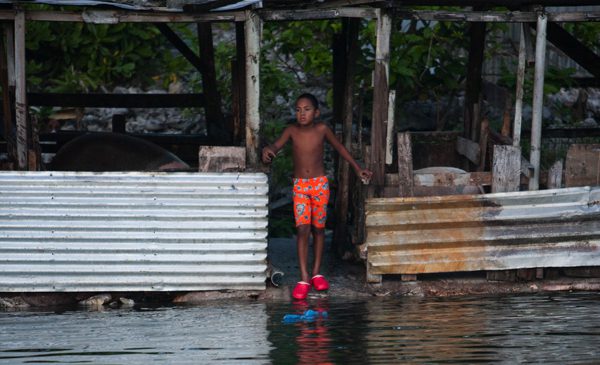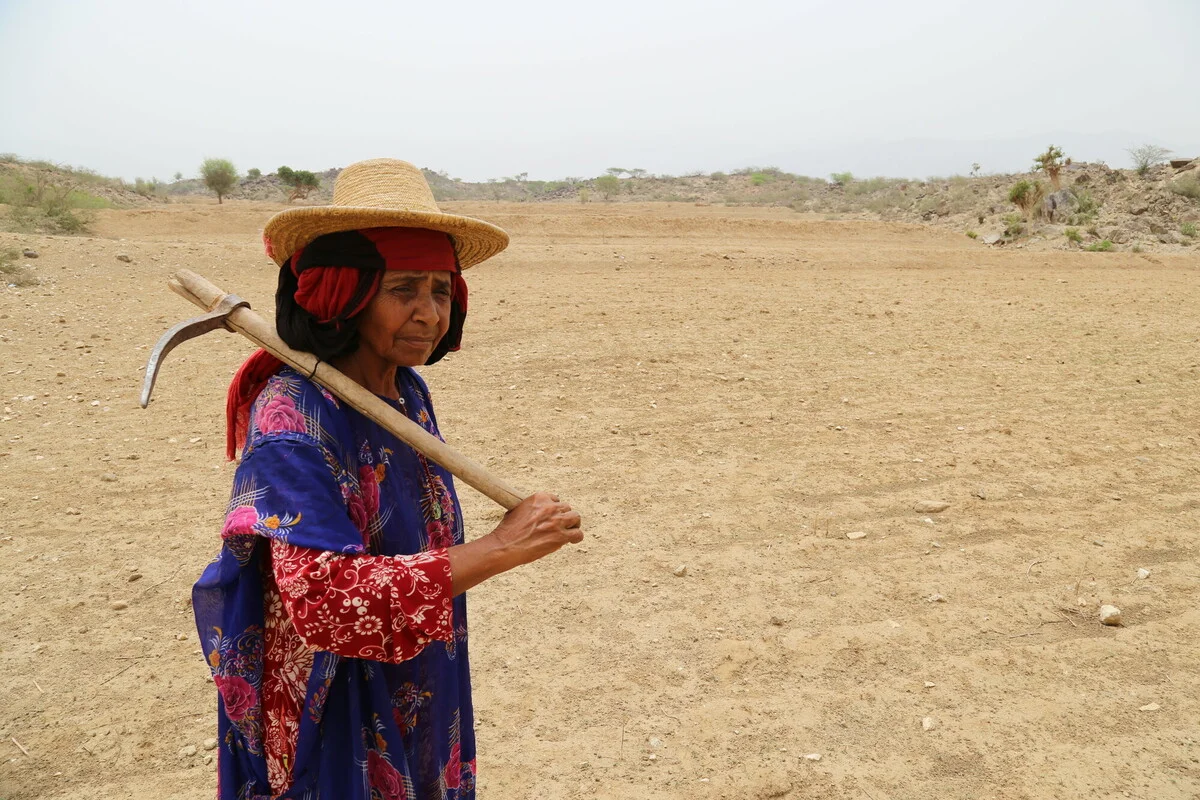Everywhere you go, climate change and the Government’s proposal to put a price on carbon pollution is being talked about.
There is no doubting this is a significant issue for Australia and the world, however the conversation in Australia is laced with myths. Myths that suggest Australia’s role is insignificant; that other countries aren’t acting; that climate change may not be that bad.
These myths are false, misleading and stymie a productive public conversation.
The first myth is that Australia is only a small player in international climate change action. Many people seem to think that Australian action to reduce carbon emissions is insignificant and that it will have little impact on global action.
This claim couldn’t be more wrong.
Australia is not a small emitter of greenhouse gases. We are the 15th highest emitter of carbon dioxide out of 192 countries. If this was a race – with the winner being the biggest polluter – we’d be doing very well.
On top of this, Australia has the highest per capita emissions in the OECD – we’d win this race. Australia’s emissions per person/per year are around 20 tonnes. In Bangladesh it’s closer to 0.3 tonnes per person/per year. That means the average Australian is contributing around 60 times more carbon pollution to the atmosphere than the average Bangladeshi.
Professor Ross Garnaut recently highlighted the importance of action from Australia and stated: ‘‘Australia will be influential because the developed countries with high per capita emissions will be expected by the rest of the world to fully contribute to the global effort. If they do not, this will materially weaken the commitments of others, especially in the developing world. We, and other developed countries, can through inaction exercise a veto over effective global mitigation.’’
Sure, overall Australia contributes just less than 2 per cent of global emissions. But so do the vast majority of countries. In fact, countries that emit less than 2 per cent of global emissions make up around half of all the carbon pollution flowing into the atmosphere. Action from these emitters, including Australia, is crucial if we are to have any hope of reducing emissions. A global solution requires all countries to do their bit.
The second myth is that Australia is somehow stepping out and acting ahead of others. Let us be clear, Australia is falling behind international action on climate change and the proposed legislation is only a first step in catching up.
From emissions trading schemes in places like New Zealand, California and Europe to additional taxes on coal in India, to burgeoning renewable energy investment in China – the world is already acting.
To put things in perspective, Britain is aiming to reduce its emissions by 50 per cent by 2025 on 1990 levels, whereas Australia is struggling to get to the inadequate 5 per cent reduction target by 2020. In the British parliament the major parties argue about who can do more, not less.
On top of all this, it is evident that developing countries have pledged to take more action than developed countries. Research commissioned by Oxfam and published in June revealed that more than 60 per cent of emissions cuts by 2020 are likely to be made by developing countries, even though they have the least resources.
The final myth, and perhaps the hardest to swallow, is that climate change is perhaps not happening, or not as bad as scientists predict.
As an organisation that works alongside less-developed communities all around the globe, at Oxfam we have no doubt that climate change is not only real but already threatening vulnerable communities.
From rising sea levels in the Pacific to more intense weather events like the present drought in the horn of Africa, climate change threatens to undo decades of development successes and create new challenges.
Countries such as Australia need to urgently reduce their emissions to minimise impacts in their own countries and also for the sake of poor and vulnerable communities around the globe. It is these communities who are being hit first and hit hardest.
Australia is a key middle power. Its influence should not be underestimated. Our action has flow-on effects to other states and nations.
If countries like Australia dig in their heels and refuse to move before everyone else, then there is little hope for effective global action. Action that we so desperately need.
First published in the Canberra Times
Pic: Rodney Dekker/OxfamAUS



